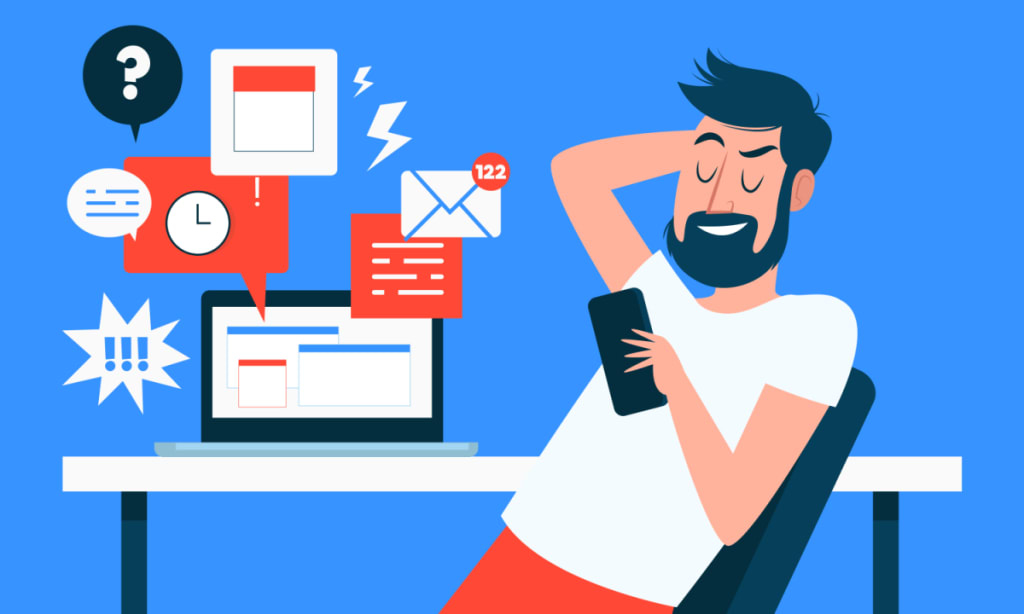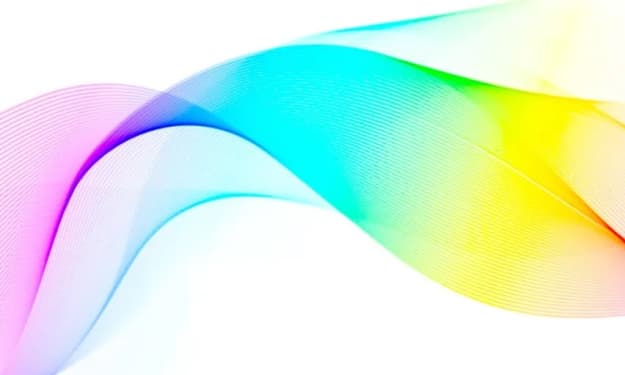HOW TO GET YOUR BRAIN TO FOCUS
Escaping the Screen: How Reducing Digital Overstimulation Can Improve Your Life

## Escaping the Screen: How Reducing Digital Overstimulation Can Improve Your Life
A few years ago, I began to observe something in my own behavior that made me a bit uncomfortable. From the moment I woke up to the end of the day, my life was a series of screens. I started the day with the thing that woke me up first thing in the morning, my phone, and so I sat there in bed watching various cooking videos on Instagram and bouncing around between different applications. When it was time to get out of bed and cook breakfast, my focus shifted to the iPad next to the oven. And when it was time to work, I moved to another screen attached to yet another screen. All the while, my smartwatch would tap and beep, distracting me as I tried to get important stuff done.
The most problematic device, the one I wasted the most time on, was my phone. I could spend hours on it every single day. So, I decided to get rid of it for a month, limiting my use to just 30 minutes daily. This was all the time I had for maps, calls, music, podcasts, and everything else. It took about a week to adjust, but I noticed three significant changes: my attention span grew, I had more ideas, and I made more plans for the future. Why did this happen? This led me on a journey to understand what it takes to focus in a world of distraction.
I dove into hundreds of research papers, flew out to meet experts, and conducted more experiments on myself. I ended up with 25,000 words of research notes. How does technology influence our attention and ability to focus? Let's start with our attention spans. The research is fascinating. When working in front of a computer, especially with a phone nearby, we focus on one thing for just 40 seconds before switching. With distractions like Slack, this drops to 35 seconds. The root cause isn't just distraction but overstimulation. Our brains crave the dopamine hits from social media, emails, and other tiny bits of information.
Our brains are in a hyperstimulated state, constantly seeking these rewarding distractions. So, I wondered what would happen if I reduced this stimulation even further. This feeling we get when moving from high stimulation to low stimulation is called boredom. I asked readers of my website for the most boring tasks and made myself bored for an hour daily for a month. I read the iTunes terms and conditions, waited on hold with Air Canada's baggage claims, counted zeroes in the first 10,000 digits of pi, and watched a clock tick for an hour, among other tedious activities.
Interestingly, the same effects occurred: my attention span expanded, and my mind wandered, generating ideas and plans. This "scatter focus" is beneficial because it allows our minds to connect different ideas and come up with solutions. Our minds wander to the past, present, and future. We think about the past only 12% of the time, often recalling ideas. We think about the present 28% of the time, solving problems we encountered. But most importantly, we think about the future 48% of the time. This prospective bias explains why we plan our day in the shower.
To harness this, find activities that let your mind wander, like taking a bath, walking without a phone, or even waiting in line. For me, it's knitting. It calms me and helps me generate ideas. Simple changes can make a big difference. For instance, disconnecting from the internet from 8 PM to 8 AM daily, or having a weekly technology Sabbath. Rediscovering boredom, even briefly, can also help. Lay on the couch and see where your mind goes.
We need to make two fundamental shifts in how we think about attention. First, we don't need to fit more into our schedules; we need more space. Just like traffic flows better with more space between cars, our lives improve with more mental space. Second, distraction is a symptom of overstimulation, not the enemy of focus. Reducing stimulation can improve focus, creativity, and overall quality of life.
I challenge you to make your mind less stimulated for two weeks. Use features on your devices to limit time-wasting activities, have a disconnection ritual, and rediscover boredom. Notice what happens to your attention, ideas, and focus. The state of our attention determines the state of our lives. Less stimulation can lead to greater productivity, focus, creativity, and a better life.
About the Creator
Enjoyed the story? Support the Creator.
Subscribe for free to receive all their stories in your feed.





Comments
There are no comments for this story
Be the first to respond and start the conversation.